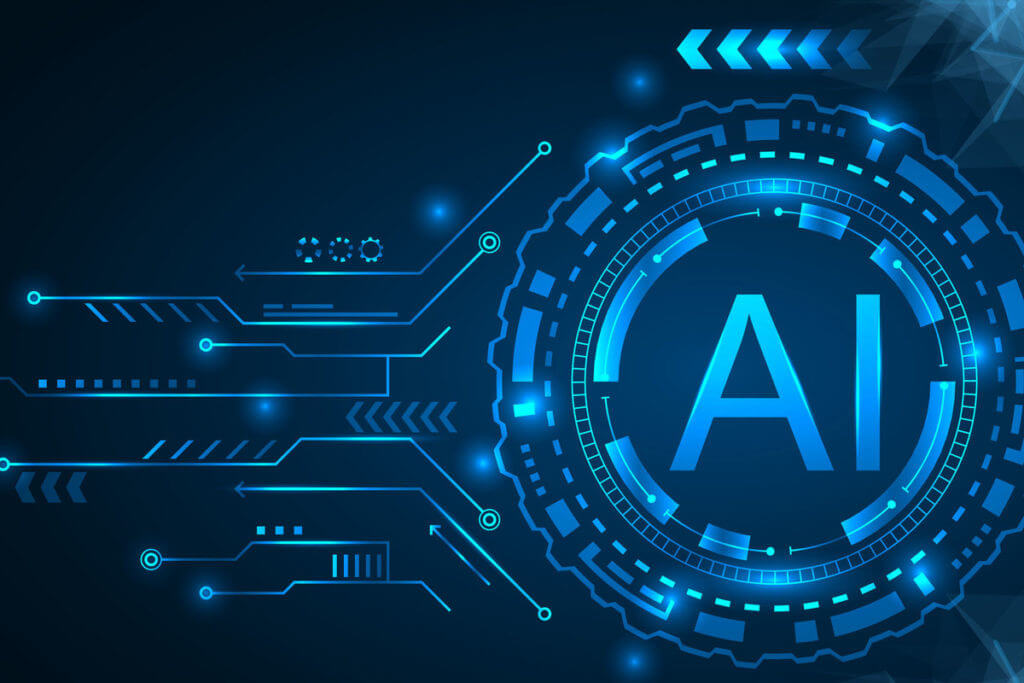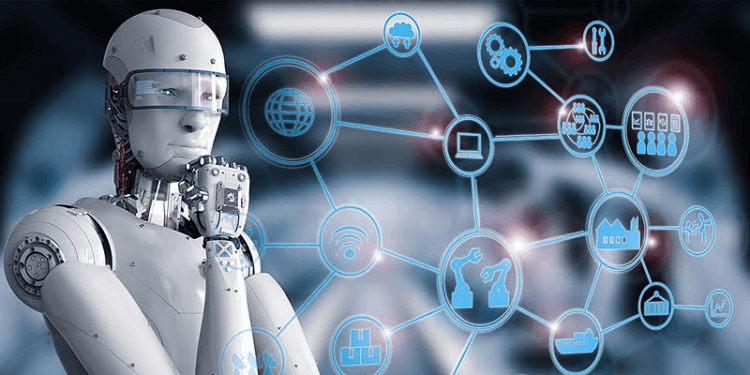The conversation surrounding Artificial Intelligence (AI) is rapidly evolving, with a new emphasis on regional development taking center stage. News outlets are buzzing with discussions about the importance of creating “Made-in-India” AI models, reflecting a global trend where countries are striving to build AI solutions tailored to their specific needs and contexts.

This push for regional AI development stems from several key factors:
- Data Relevance: AI models are trained on vast amounts of data. However, data collected in one region might not translate well to another. For example, an image recognition system trained on Western traffic signs might struggle to identify Indian road signs. “Made-in-India” models can be trained on data specific to the Indian context, leading to more accurate and effective solutions.
- Addressing Local Challenges: Different regions face unique challenges. India, for instance, has a large agricultural sector and a growing urban population. AI models designed in India can be specifically targeted to address these issues, such as developing solutions for smart farming or optimizing traffic management in megacities.
- Ethical Considerations: AI algorithms can perpetuate societal biases present in the data they are trained on. Developing regional AI models allows for closer scrutiny of training data to ensure it reflects local values and avoids perpetuating biases specific to other regions.
- Economic Growth: A robust domestic AI industry can fuel economic growth by creating new jobs and fostering innovation. India’s “Make-in-India” initiative for AI development aims to not only create homegrown solutions but also establish India as a key player in the global AI market.
India is not alone in this endeavor. China, the US, and the European Union are also heavily invested in developing their own regional AI capabilities. This trend signifies a shift from a one-size-fits-all approach to AI towards a more nuanced and regionally focused development model.
Challenges and Opportunities
Building a strong regional AI ecosystem presents both challenges and opportunities:
- Investment: Developing sophisticated AI models requires significant investment in research, infrastructure, and talent. Governments and private entities need to collaborate to create a supportive environment for AI research and development.
- Collaboration: While regional development is crucial, complete isolation is not ideal. Fostering collaboration between regional AI hubs can accelerate innovation and knowledge sharing.
- Standardization: As regional AI ecosystems mature, the need for interoperability and data standards will become increasingly important. Collaboration on global AI standards can ensure smooth communication between different regional systems.
The Road Ahead
The rise of regional AI development is a positive step towards creating more effective and ethical AI solutions. India’s push for “Made-in-India” models exemplifies this trend. By addressing regional challenges, leveraging local data, and fostering a collaborative environment, India has the potential to become a leader in the global AI landscape.





